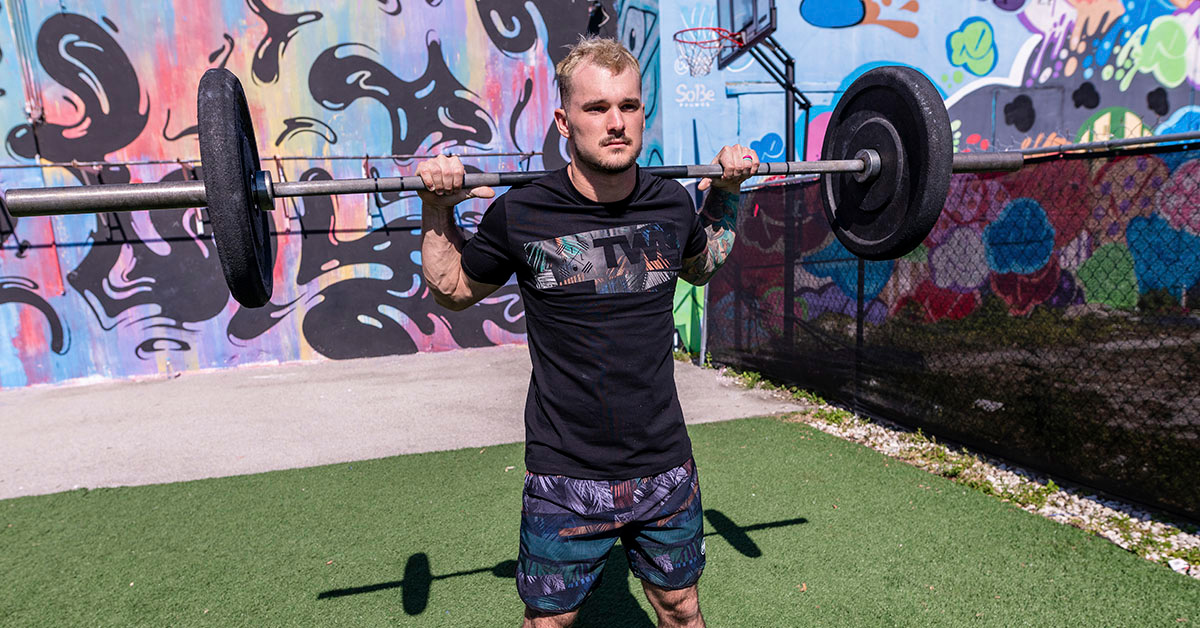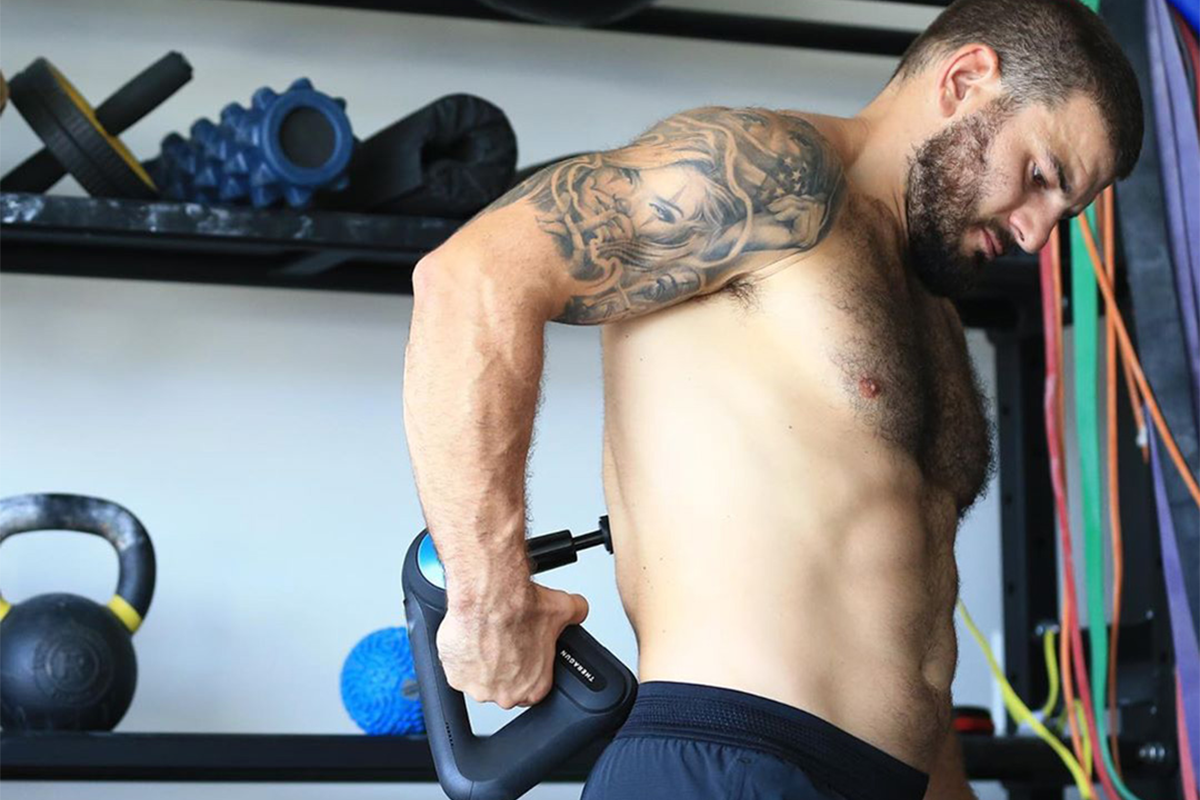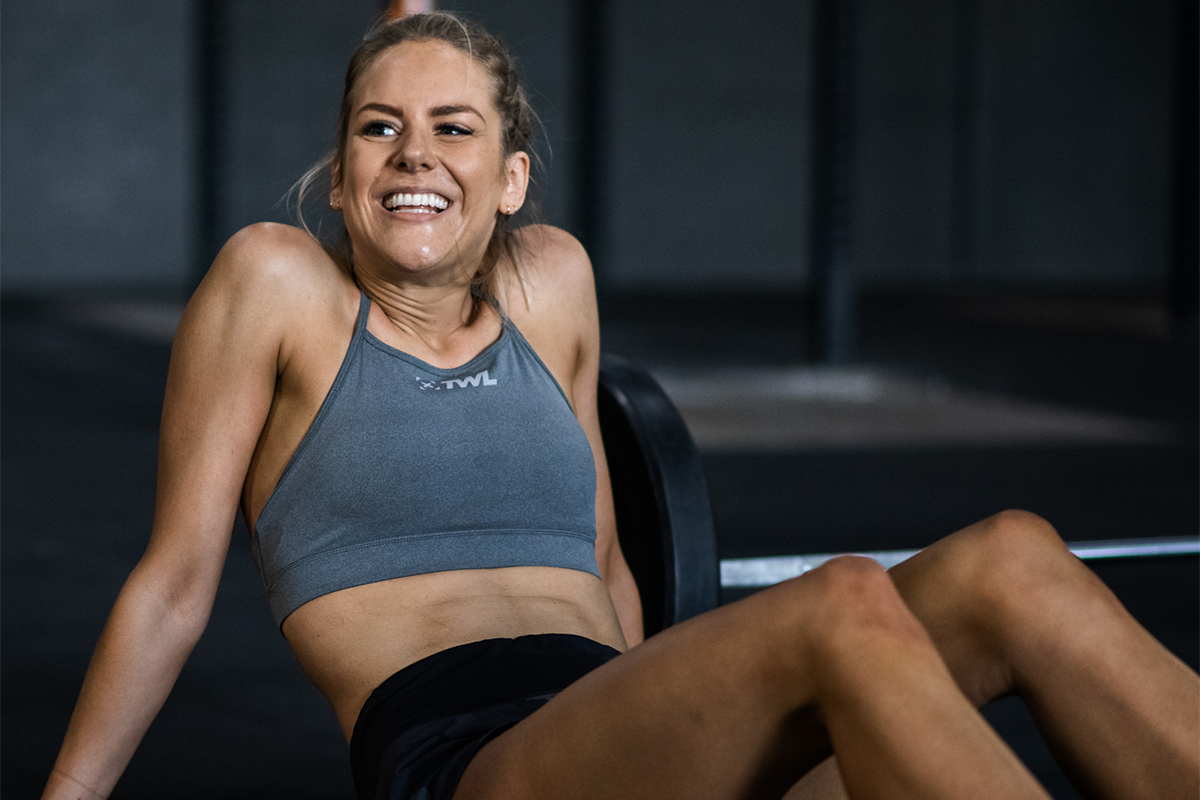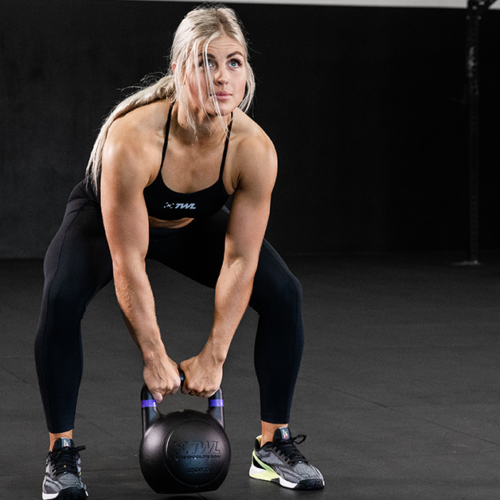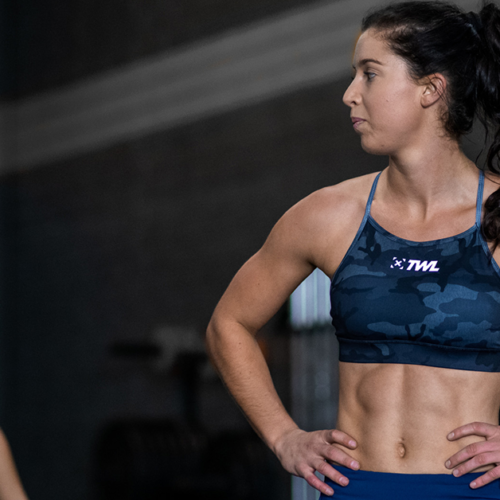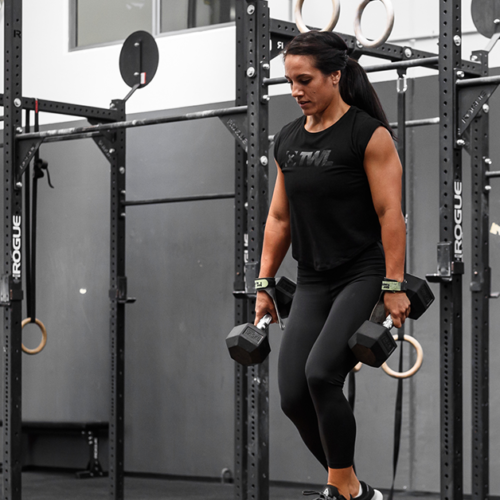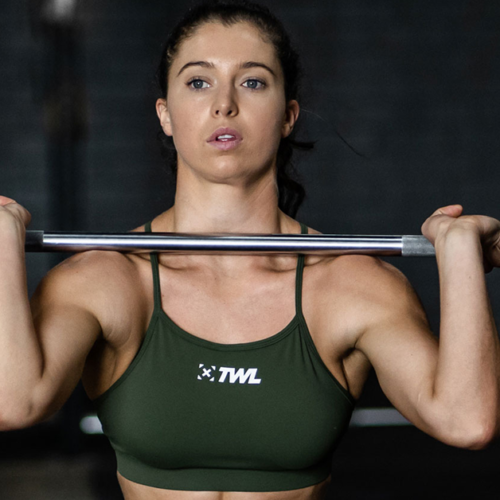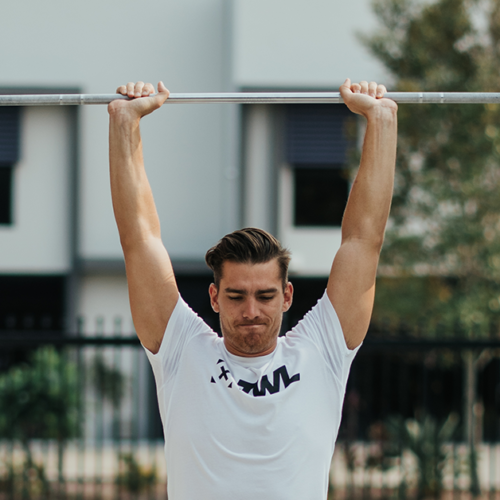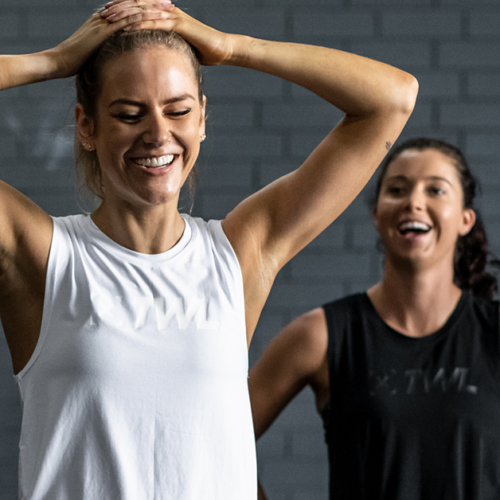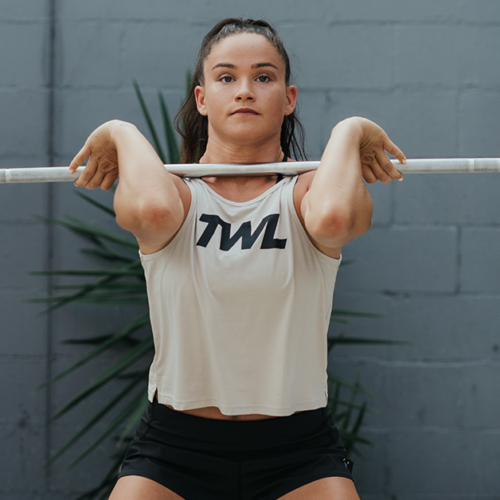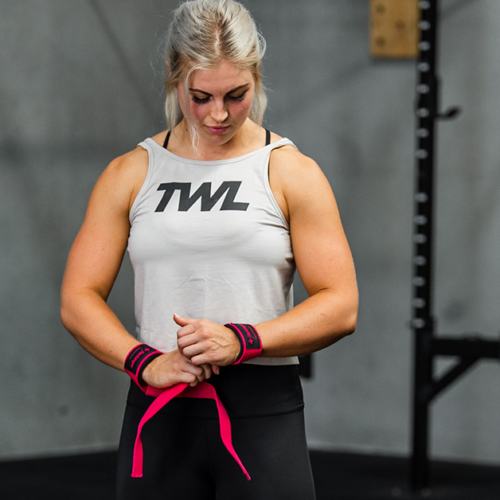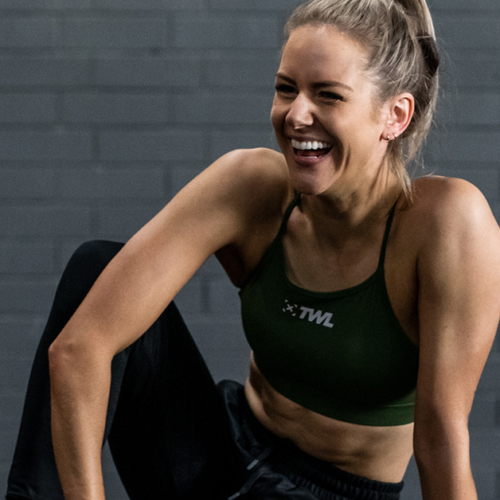Whether you’re a professional athlete or a gym rat, injury prevention should be a priority. Injuries mean less training time, and this can dampen your hard-earned progress. Prevention is better than cure, so we’ve cited three common reasons why you might find yourself on the sidelines more often than you’d like.
3 Reasons You Keep Getting Injured
1. You’re Under-Recovering
Okay, I’ll be the first one to admit I’m kind of cheating with this one. Poor recovery is a catch-all. There are so many different issues that can fall into the basket of improper recovery — sleep, diet, mobility, bodywork, self-care — that it’s become one of the most common causes of injury.
https://www.instagram.com/p/BvOQnciHU2C/
Your body needs enough time to heal. If your training severely outweighs your recovery, you’re more prone to injury.
Success and continued growth are the results of equal parts training and recovery. It’s like a seesaw — on one end you have training, and on other you have the recovery. If one goes heavy in one direction, the other gets catapulted across the playground. Maintaining the right balance is necessary.
Not taking enough time to recover can have serious repercussions. It can lead to overtraining, which may cause insomnia, lack of motivation, elevated heart rate, increased muscle soreness, and a decrease in performance. This can hinder your progress. Moreover, neglecting recovery can result in hormonal imbalance and adrenal fatigue.
If you’re serious about fitness, you shouldn’t take recovery for granted. Spend a little more time to allow your body to heal and you’ll be surprised at how much further you can go.
2. You’re De-Emphasizing Technique
I won’t lie, this is a tough sell. I’ve had people walk into the gym, ready to be the next Games champion, even though they’ve never done an air squat before. Just how do you convince someone to eat, sleep, and breathe a PVC pipe for the first few months without snuffing out their resolve to be the best in the world?
https://www.instagram.com/p/BvNdxLLh6Sk/
Realistically, the importance of technique cannot be understated. Can you name one Games level athlete with cringe-worthy technique?
Mat Fraser basically grew up with a barbell in his hands practicing the Olympic lifts since he was 13 years old. There’s a reason why he’s the best in the world. The foundation must be set. If you can’t do a strict pull-up, you shouldn’t be attempting butterflies. If you can’t overhead squat a PVC pipe, you shouldn’t be squat snatching.
Instagram is a hell of a drug. But I promise that all those highlight reel lifts you’ve watched all your favorite athletes hit under the lights are the product of countless reps with an empty bar.
Technique saves lives. Proper technique is not only essential for progressing through the sport but also for injury prevention. Build a strong foundation where you can build a house on. Going too heavy too fast is a recipe for disaster. Check your ego at the door, disconnect from the ‘Gram, and put in the work so you get to show off under the lights.
https://www.instagram.com/p/Bt0CGGnn0l9/
3. Your Programming Doesn’t Have Enough Variance
This is an all too common — albeit overlooked — problem within functional fitness. Sure, the sport preaches variance — and it does a pretty good job at it — but that doesn’t mean it’s perfect.
Adding movements that may not typically show up in a metcon may be ideal to help rebalance the body, experience some new ranges of motion, and to prevent injury. Single arm and leg work, rotational movements, and isometric work, just to name a few, are examples of some modalities not typically prescribed in your daily WOD.
https://www.instagram.com/p/Bvi3gw9nCtt/
Yes, I know Bulgarian split squats may not show up in the Open, but that doesn’t mean developing single leg strength is pointless. Functional fitness, in general, deals with a lot of bilateral movements — two arms or two feet working simultaneously like in a back squat or strict press. This tends to create biases, which can be corrected by supplementing them with unilateral work.
The worst thing you can do is to solely focus on beating the person next to you in class or being too hard-pressed to improving your previous year’s placement in the Open.
Fitness is a journey. It’s not one workout. It’s not just the Open, but rather a path toward better health and better living. Incorporating more variance into your programming can make that journey much more enjoyable.

